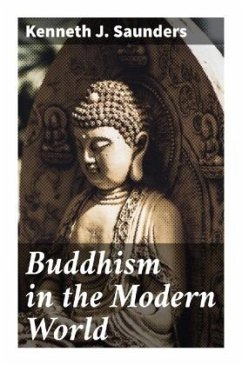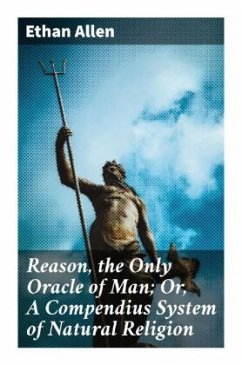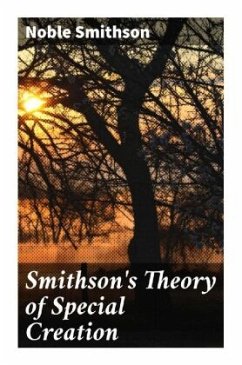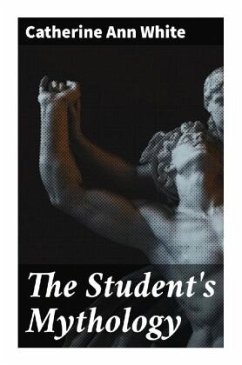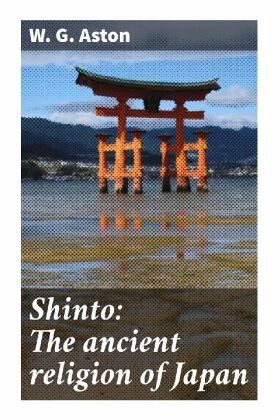
Shinto: The ancient religion of Japan
Versandkostenfrei!
Versandfertig in 6-10 Tagen
6,99 €
inkl. MwSt.
Weitere Ausgaben:

PAYBACK Punkte
3 °P sammeln!
In "Shinto: The Ancient Religion of Japan," W. G. Aston provides an illuminating exploration of Shinto, delving into its rich history, core beliefs, and intricate rituals. Aston's literary style is both erudite and accessible, synthesizing extensive historical research with an ethnographic lens to present a comprehensive account of this indigenous faith. The book situates Shinto within the broader context of Japanese culture and spirituality, examining its interplay with Buddhism and Confucianism while also highlighting its unique characteristics that distinguish it as an ancient and living re...
In "Shinto: The Ancient Religion of Japan," W. G. Aston provides an illuminating exploration of Shinto, delving into its rich history, core beliefs, and intricate rituals. Aston's literary style is both erudite and accessible, synthesizing extensive historical research with an ethnographic lens to present a comprehensive account of this indigenous faith. The book situates Shinto within the broader context of Japanese culture and spirituality, examining its interplay with Buddhism and Confucianism while also highlighting its unique characteristics that distinguish it as an ancient and living religion. Aston's meticulous attention to detail and his insightful interpretations make this work essential reading for scholars and enthusiasts alike. W. G. Aston, a pioneering scholar of Japanese language and culture, was instrumental in introducing Western audiences to the complexities of Japanese spirituality. His deep-seated interest in Japan, coupled with his experiences as a diplomat and translator in the late 19th century, profoundly influenced his understanding of Shinto. Aston's academic rigor, combined with his lived experiences in Japan, enriches this text, providing readers with a nuanced panorama of a faith that has evolved over millennia. "Shinto: The Ancient Religion of Japan" is highly recommended for anyone seeking to deepen their understanding of this integral aspect of Japanese identity. It serves as both an authoritative reference for scholars and a compelling narrative for general readers interested in religious studies, cultural anthropology, or the unique tapestry of Japanese heritage. Aston's work remains a vital contribution to the ongoing discourse on spirituality and culture.




